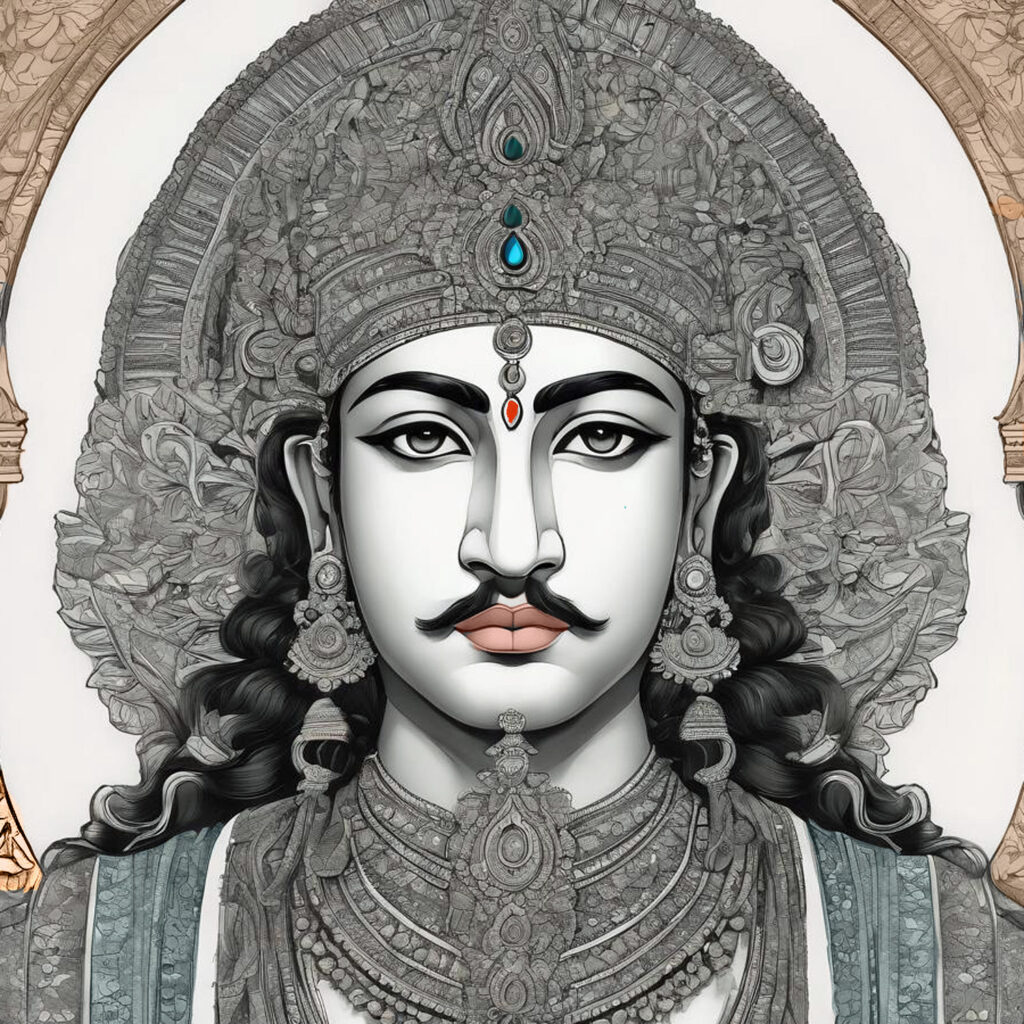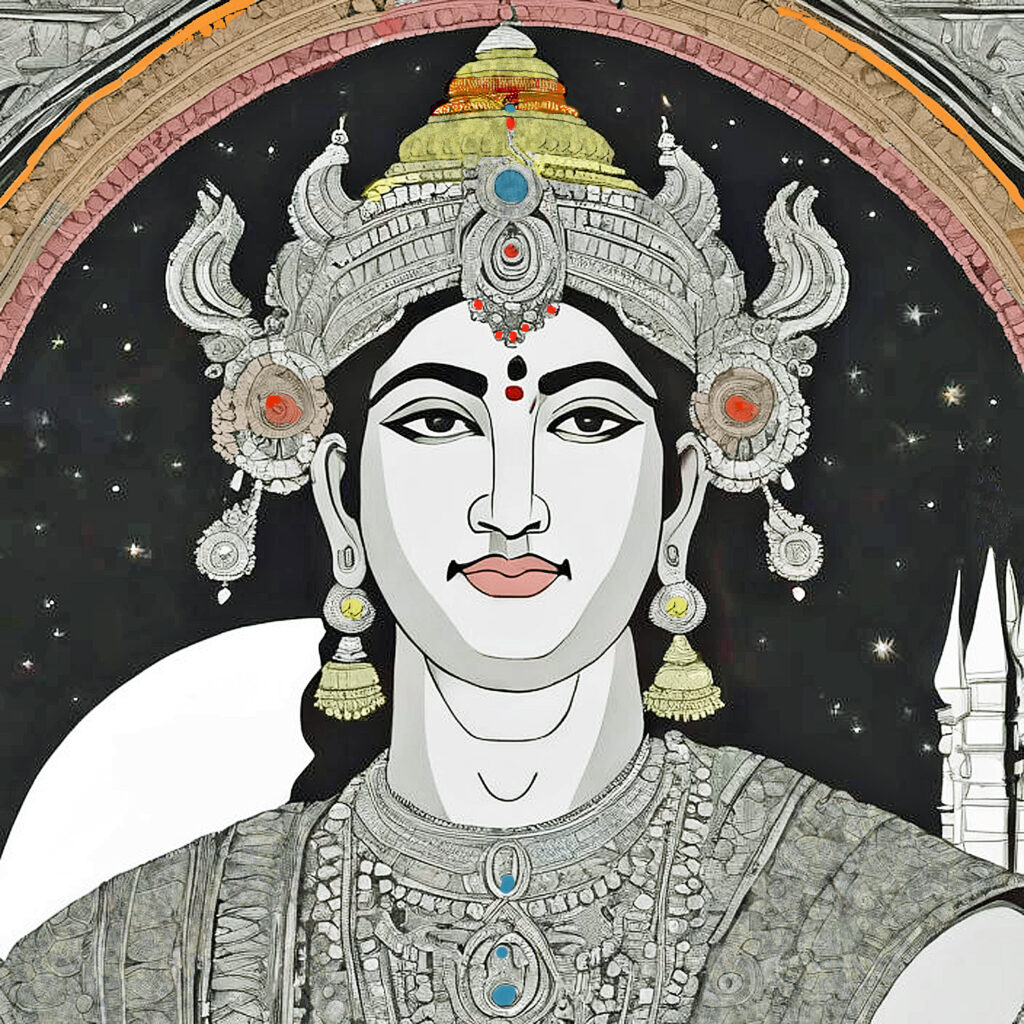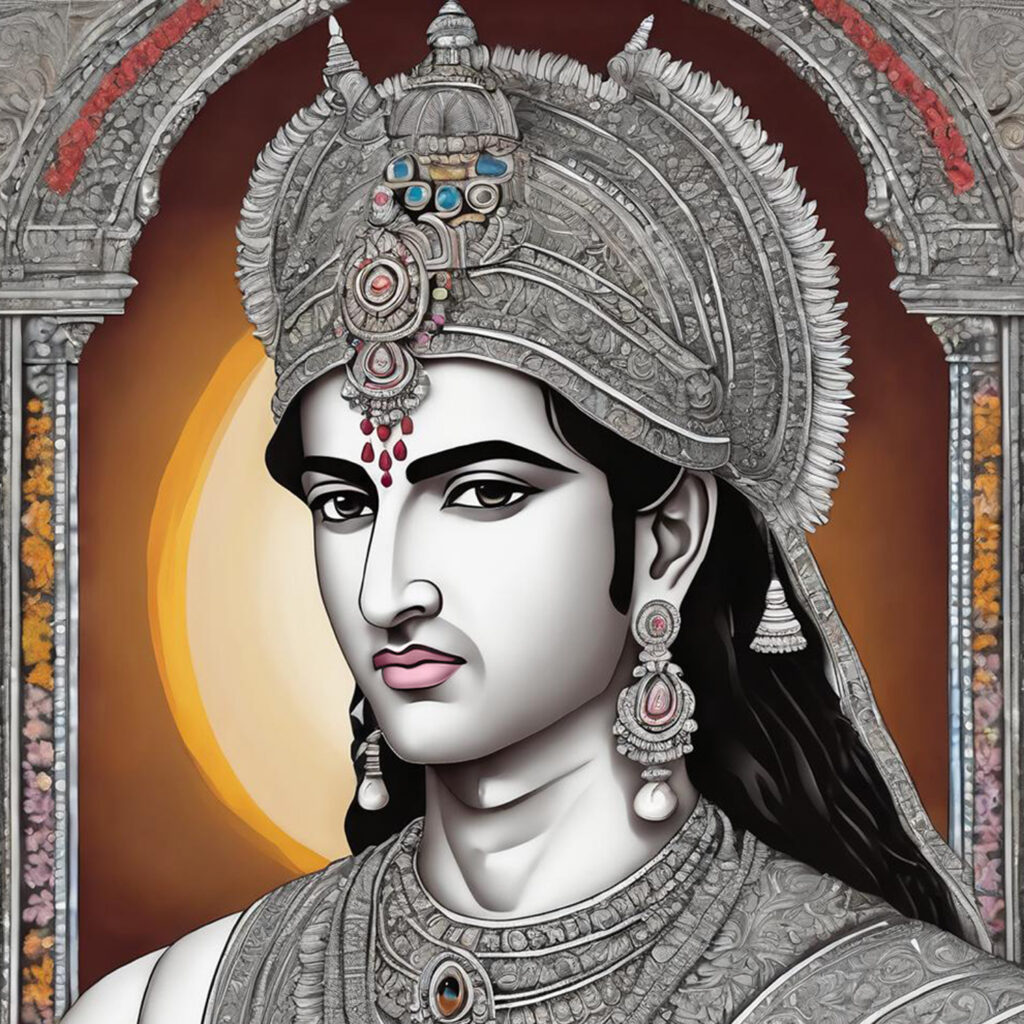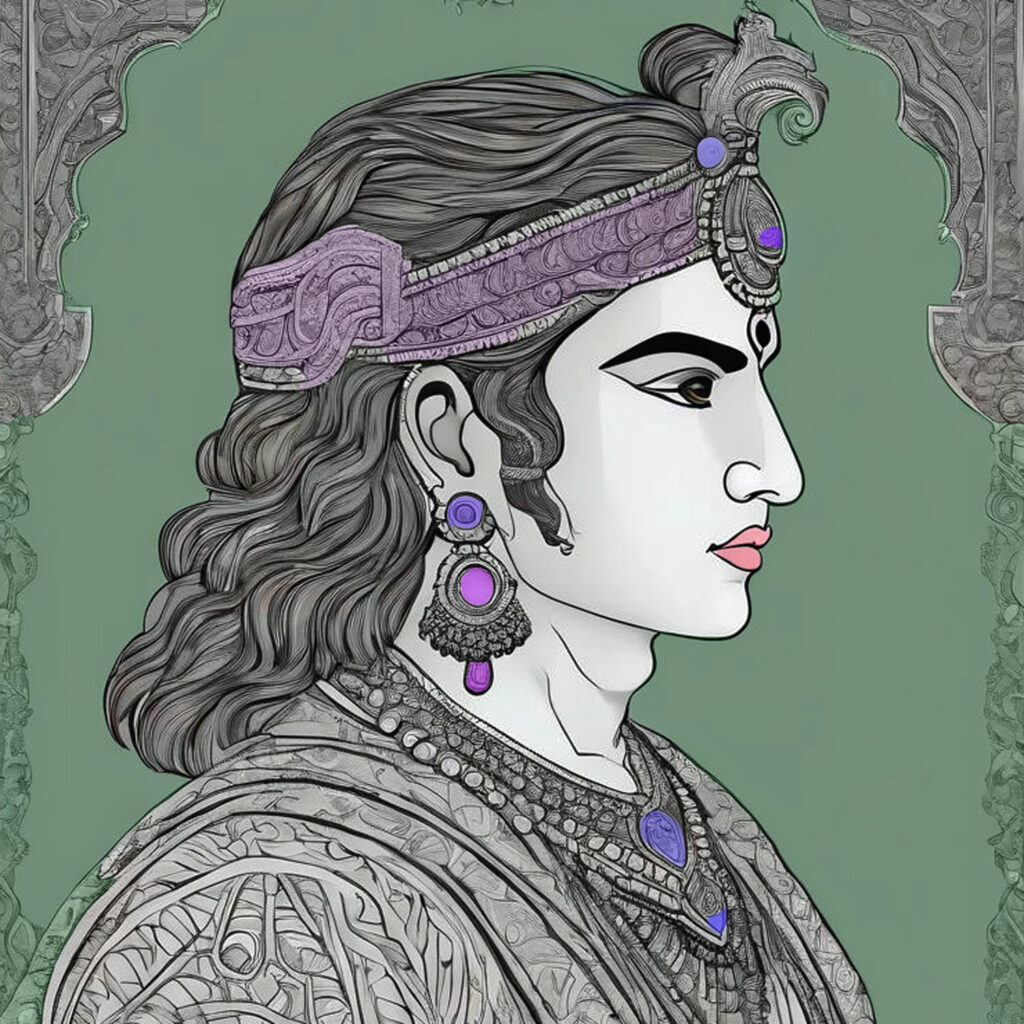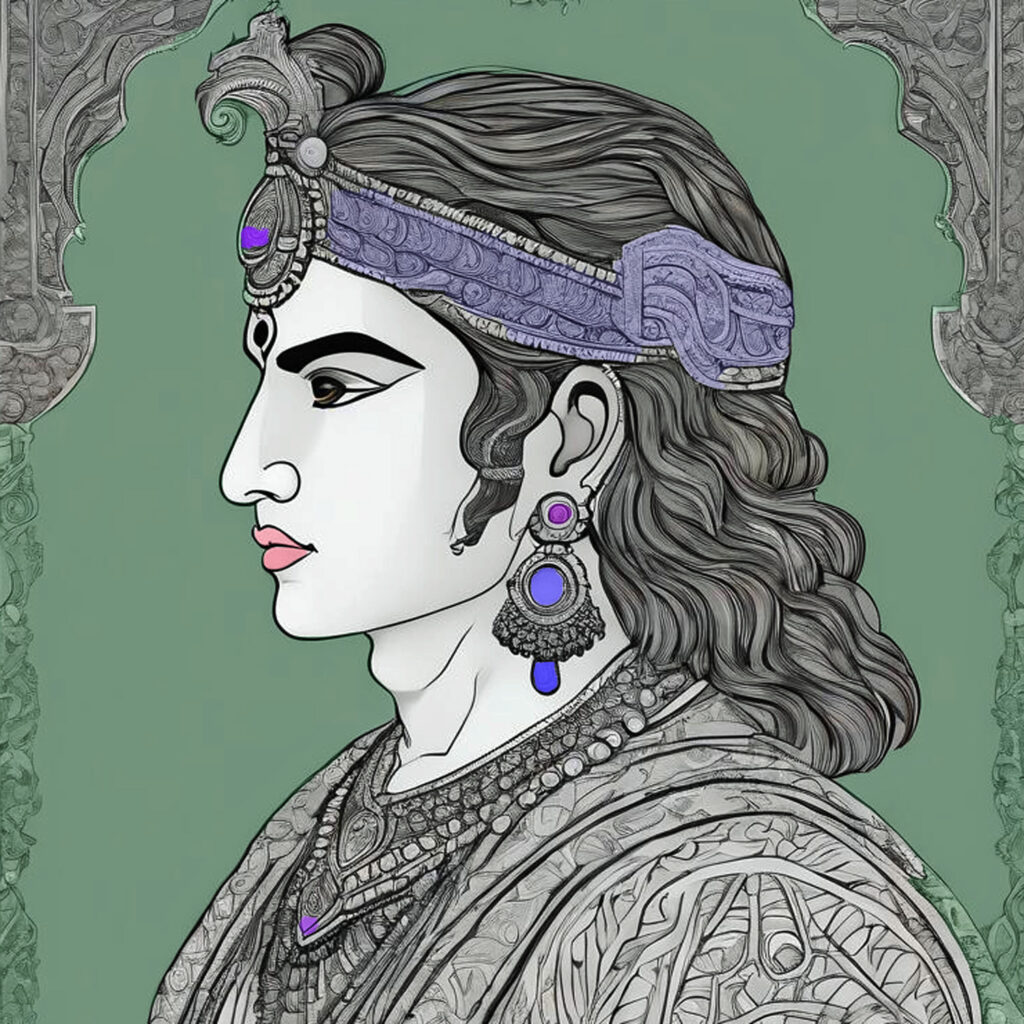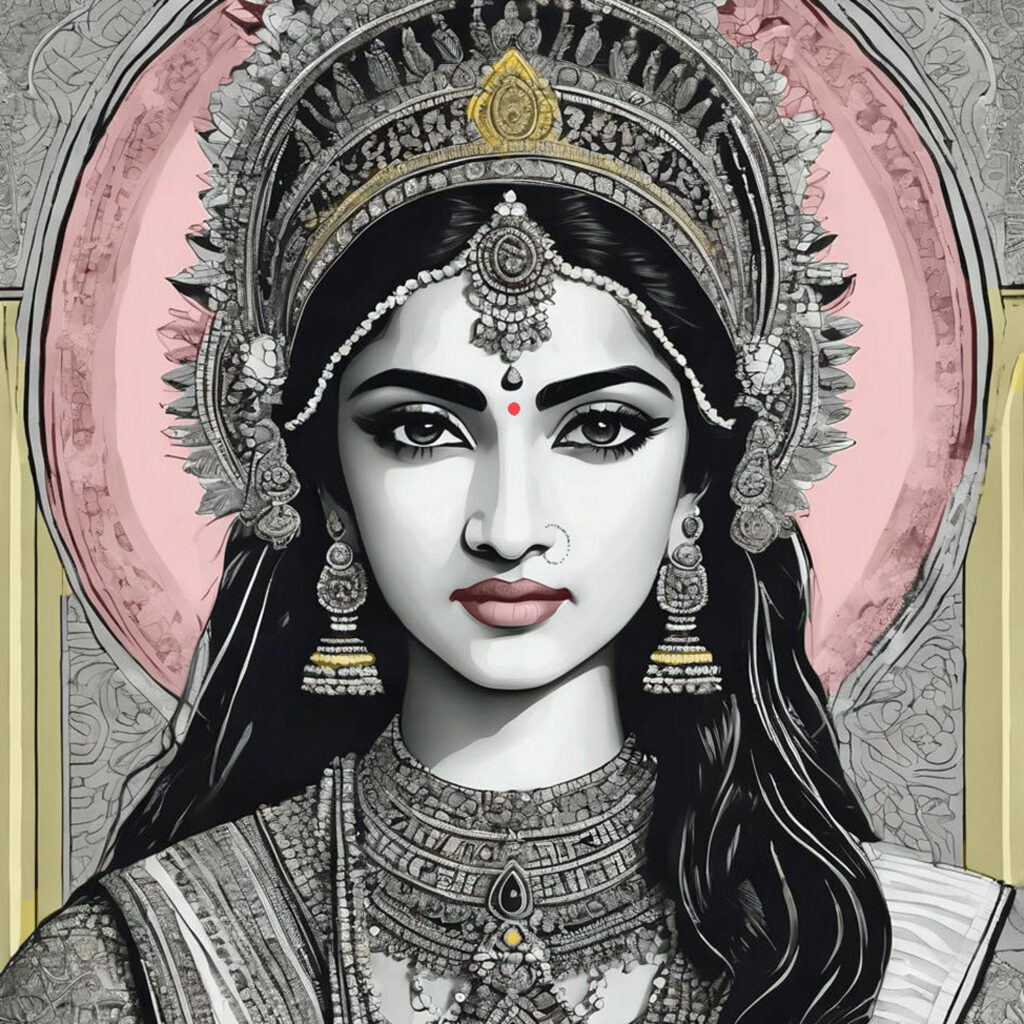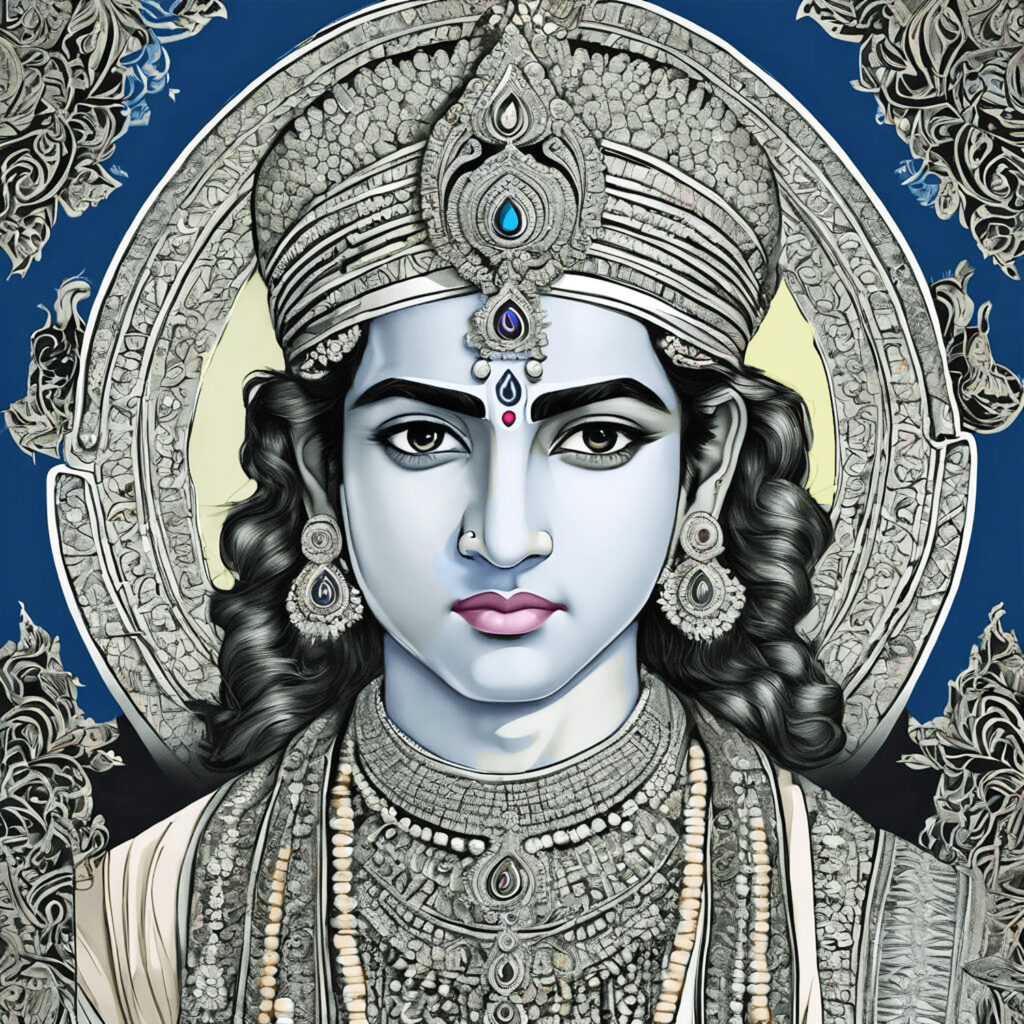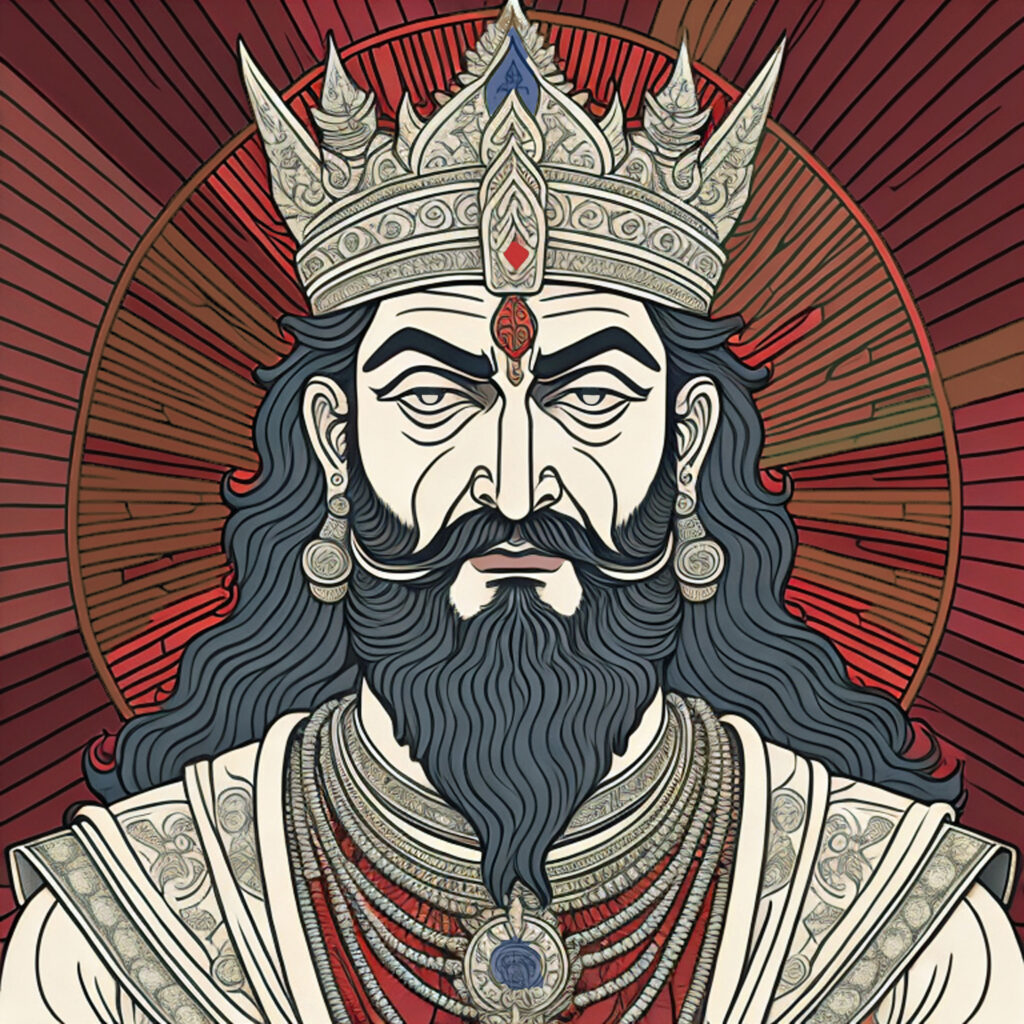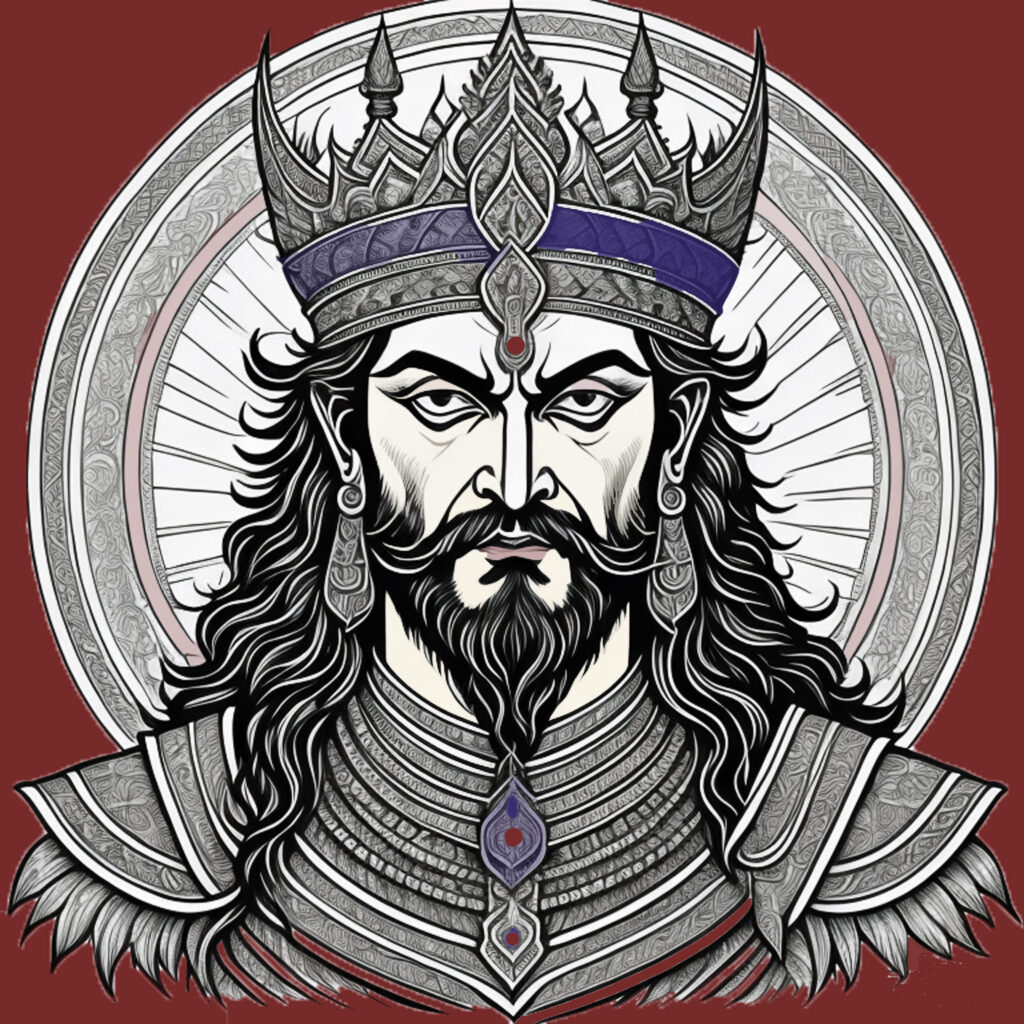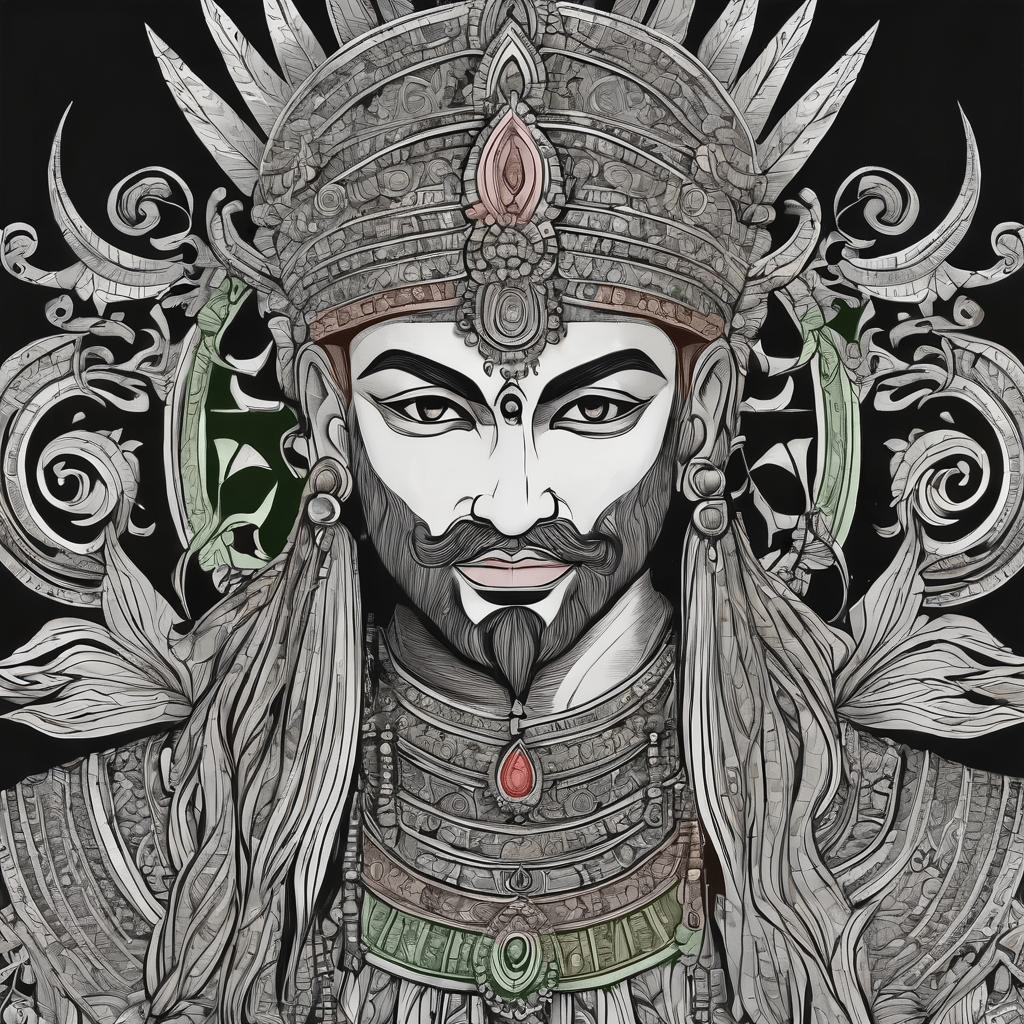Long, long ago, the Mahabharata tells us, the five Pandava brothers were the rightful heirs to the kingdom of Kurukshetra. The eldest, Yudhishthira, was poised to take the throne in Hastinapur and rule with benevolence and bounty. Such was the hallmark of the Pandava brothers: they embodied justice, honesty, decency, humility, kindness, compassion. And they spread these virtues among people wherever they went.
Their cousins, the one hundred Kaurava brothers, were of a different ilk. Whereas the Pandavas personified goodness, the Kauravas exemplified evil. Consumed with envy and resentment, the Kauravas made it their business to steal power from the Pandavas.
